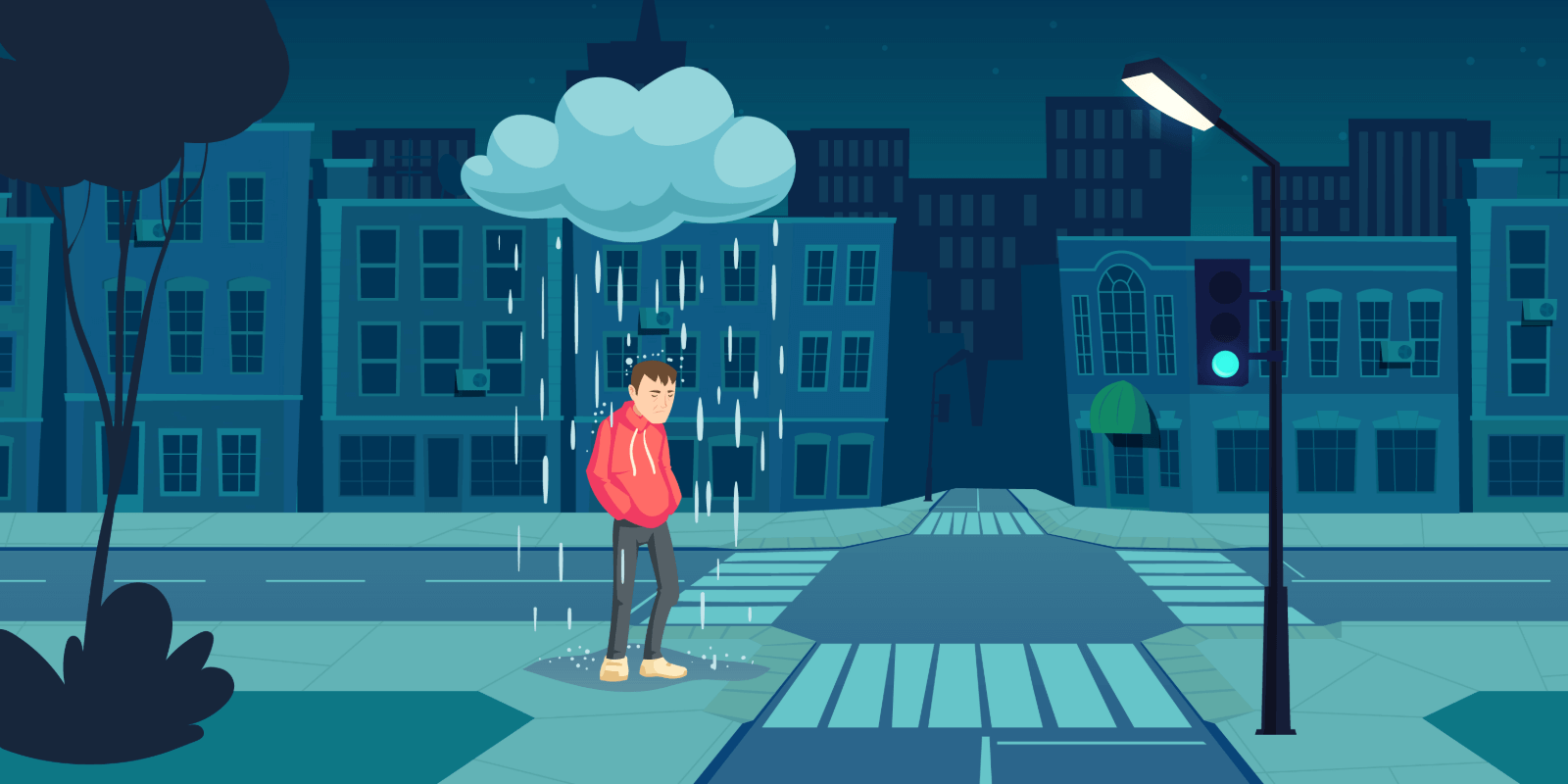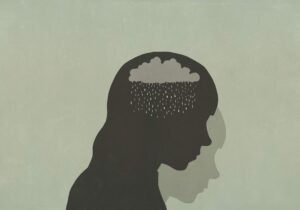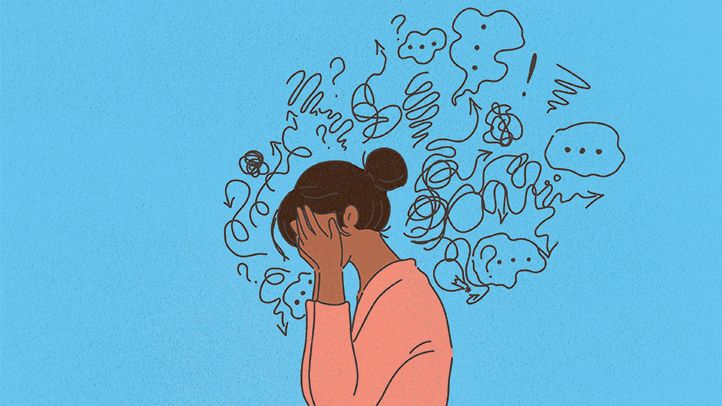Depression is a serious mental illness that can negatively affect a person’s mood, energy, ability to think or concentrate, and social life. It is important to know the different types of depression so that you can get the help you need. This guide will teach you all about atypical depression so that you can get the best care for yourself.
Contents
What is Atypical Depression?

Atypical depression is a relatively new term that was first used in the early 1990s. It is a type of depression that is not typically seen in people who have bipolar disorder or major depressive disorder. Atypical depression is also different from minor depression, which is the most common form of depression.
Symptoms of Atypical Depression

There are many different symptoms of atypical depression, which can make it difficult for people to recognize the condition. However, some key features are typically present in this type of depression.
The most common symptom of atypical depression is persistent and severe mood disturbance. People with this condition may feel severely depressed for weeks or even months and may have little interest in activities that used to be enjoyable. Some of the other signs of atypical depression arE:
Trouble Concentrating
One of the most common symptoms of atypical depression is trouble concentrating. People with this condition may find it difficult to focus on tasks or to keep focused on what they are doing. This can make it difficult to complete everyday tasks and can affect the person’s ability to take care of their responsibilities.
Low Energy Levels
Another common symptom of atypical depression is a low energy level. People with this condition may feel tired all the time or may have difficulty getting out of bed in the morning. This can make it difficult to take care of daily tasks and can also lead to a decreased interest in activities that used to be enjoyable.
Weight Loss or Gain
Many people with atypical depression lose weight or gain weight, even if they are not eating more than usual. This is likely due to a decrease in appetite and an increased awareness of food, which can make it difficult for people to get enough calories. The weight loss or gain may not be permanent, but it can be a sign that someone is experiencing symptoms of atypical depression.
Low Self-Esteem
One of the most common symptoms of atypical depression is low self-esteem. People with this condition may have a decreased sense of self-worth and may feel like they are not good enough. They may also have a difficult time accepting compliments or feeling happy about themselves.
Many people with atypical depression find it difficult to get enough sleep. This can lead to fatigue and increased susceptibility to other types of illnesses. Additionally, people with atypical depression may have difficulty concentrating during the day due to tiredness.
Loss of Interest in Activities That Used to Be Enjoyable
People with atypical depression often lose interest in activities that used to be enjoyable. This can include hobbies, activities outside of the home, and social events. It can be difficult for people with this condition to find ways to occupy themselves which can lead to a decreased sense of happiness.
How to Treat Atypical Depression?

If you or someone you know is struggling with atypical depression, it’s important to know that there are many different treatments available. Some of these treatment methods are:
Therapy
One of the most common treatments for atypical depression is therapy. Most therapists will work with you to create a treatment plan that is specific to your individual needs. This treatment can help you learn how to cope with your symptoms and improve your overall mental health.
Medications
If therapy doesn’t work for you or if you don’t want to go through the hassle of scheduling sessions, medications may be an option. There are many different types of medications that can be used to treat this type of depression. Also, each one has different side effects and benefits. It’s important to talk to your doctor about the best type of medication for you.
Support Groups
Support groups are another common treatment for atypical depression. These groups allow people who are struggling with the same issues to connect and receive support from their community. Group meetings can also provide additional resources and support. These support groups are also a great way to meet other people who are going through the same thing as you.
Self-Care
Another important treatment for atypical depression is self-care. This means taking care of yourself both mentally and physically. Self-care can help you manage your symptoms better and feel more in control of your life. It can also help boost your mood and increase your productivity.
If you or someone you know is struggling with atypical depression, it’s important to seek out help. There are many different treatments available, and each one can help improve your mental health and well-being.
Taking Medications for Atypical Depression: Pros and Cons

There is no one-size-fits-all answer to whether or not taking antidepressants for this type of depression is the best course of action, as the pros and cons of antidepressant medication use will vary depending on the individual. However, some general considerations to keep in mind when considering antidepressant medication for this type of depression include:
-The potential benefits of antidepressant medications, such as improved mood and reduced depressive symptoms, are well documented.
-However, there are also risks associated with antidepressant use. These are including potential side effects and addiction risks. It is important to weigh these risks against the potential benefits before making a decision.
-It is also important to be aware that antidepressants may not work for everyone who takes them, and that some people may experience worsening of their condition instead of improvement. If antidepressants don’t seem to be helping after trying them for a few weeks or months, it may be worth seeking advice from a mental health professional.
-Finally, it is important to be aware that antidepressant medications may not be appropriate for everyone. Also, they should not be taken without first talking to a mental health professional.
Conclusion
Atypical depression is a relatively new diagnosis that is becoming more and more common. If you’re feeling down for no good reason and don’t know what to do, it might be a good idea to check if you are suffering from atypical depression. This guide has thought you everything you need to know about this type of depression, including the symptoms, how to get help, and how to manage your condition. So whether you’re just starting to feel down or have been struggling with this condition for some time, this is all the information you need.
Hope this article was of help to you! If you are suffering from mental health disorders, you may seek help from Therapy Mantra. We have a team of highly trained and experienced therapists who can provide you with the tools and skills necessary for overcoming mental health disorders. Contact us today to schedule an online therapy or download our free Android or iOS app for more information.


